The full panel presentations can be found and downloaded here.
Presenters are encouraged to use the SGSMA2024 presentation template which can be found here! Corporate logos may be used on the cover slide but not on the subsequent slides. The presenters should ONLY present the content that can be posted freely on the conference website.
Panel Session 1-3, May 21, 1:30-3:00PM
- Panel Session 1, Room 112
- Panel Session 2, Room 214
- Panel Session 3, Room 212
Panel Session 4-6, May 22, 10:30-12:00PM
- Panel Session 4, Room 112
- Panel Session 5, Room 214
- Panel Session 6, Room 212
Panel Session 7-8, May 22, 1:15-2:45PM
- Panel Session 7, Room 212
- Panel Session 8, Room 112
Panel Session 9-10, May 22, 3:15-4:45 PM
- Panel Session 9, Room 112
- Panel Session 10, Room 212
Panel Session 1
Standards for Synchrophasor Measurement Systems
Room#112
Standards are essential for widespread deployment of any technology. Adoption and deployment of a technology requires support from researchers who envision and create it, vendors who produce it, and users who install and use it. Bringing these groups and their activities together requires extensive coordination. This is especially true for technology that spans countries, continents, and different engineering cultures. Standards supported by international organizations fulfill that role. This panel discusses the current standards produced and supported by IEEE and IEC that address Synchrophasor Measurement Systems regarding measurement, communication, and some aspects of processing these measurements. The panel also discusses potential evolutions of these standards with respect to the evolving needs of the power grid.
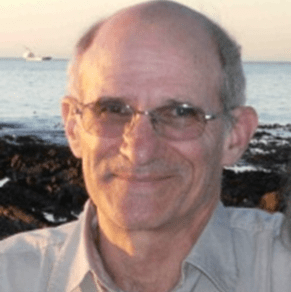
Panel Chair
Electric Power Group, USA
Title: Introduction of session and IEC/IEEE 60255-118-1, Standard for PMU measurements
Kenneth Martin is a principal engineer with the Electric Power Group (EPG). He has over 45 years’ experience in the electric utility industry, first at the Bonneville Power Administration (BPA) in communication, precise timing, instrumentation, and testing. He started working with synchrophasor measurement with the first PMUs in 1987 and conducted the first PMU lab tests. He developed the phasor measurement system at BPA including building the first phasor data concentrator, and supported similar developments at many utilities. Mr. Martin chaired the development of the IEEE C37.118 Synchrophasor standard series from the 2005 original, through the 2014 amendment. He was a lead for developing the IEC 61850, TR 90-5, and is the convener for the WG that developed the joint IEC-IEEE 60255-118-1 synchrophasor measurement standard. He also chairs WG P10 that is developing a new synchrophasor communication standard, IEEE P2664. Mr. Martin is a Fellow of the IEEE and a registered Professional Engineer. He has authored or co-authored more than 90 technical papers and articles. He received the IEEE Standards Medallion Award in 2014, the IEC 1906 Award in 2017, the IEEE-PES Charles Concordia Award in 2020 and the IEEE Charles Steinmetz Award in 2022.
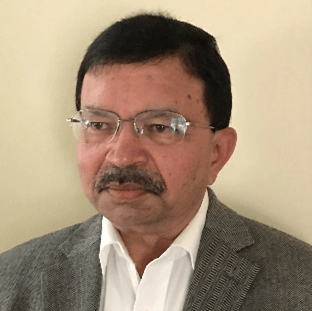
Quanta Technology, USA
Title: Overview of IEEE C37.247 – PDC standard, and IEEE C37.118.2 revision – Synchrophasor Communications
Dr. Vasudev Gharpure is a senior advisor at Quanta Technology, a consulting and advisory services company. He has over 35 years of industrial and academic experience in three countries. His areas of interest and expertise are synchrophasor technology, protection and control of power systems, embedded control applications, automation, automated test equipment, and distribution systems. He has also held positions at ABB, Basler Electric, and Virginia Tech in the United States, and Tata Electric Companies in Mumbai India. He is the chair of the C37.118.2 Synchrophasor standard working group and an active contributor to other working groups at IEEE PES PSRC and PSCC. He was the chair of the C37.247-2019 PDC standard working group, and the vice chair of the C37.244-2013 PDC Guide working group. He has authored several technical publications.

Grid Protection Alliance, USA
Title: Streaming Telemetry Transport Protocol (STTP) Communications – IEEE P2664, A New Standard for High-Speed Streaming Data Transmission
J. Ritchie Carroll is the Senior Systems Architect at Grid Protection Alliance, Inc. Mr. Carroll was the architect and lead developer for the openPDC, a system used to manage, process and respond to dynamic changes in fast-moving streaming phasor data. Mr. Carroll has extensive experience in software application development and utility system operations. He has provided technical leadership to the Eastern Interconnection Phasor Project (EIPP) and North American Synchrophasor Initiative (NASPI). Mr. Carroll has also architected and developed systems for interface with SCADA, ICCP, and state estimation systems at TVA and has authored numerous papers on synchrophasor information systems. Mr. Carroll is also responsible for architectural design and implementation strategies for GPA-developed open-source technology products which are designed for the electricity industry to help improve the reliability and operating effectiveness of the electric grid.

Adamiak Consulting LLC, USA
Title: Overview of IEC 61850 for Synchrophasors
Mark Adamiak is an independent consultant for the electric power industry. Mark started his career in the utility business with American Electric Power (AEP) and in mid-career, joined General Electric where his activities have ranged from advanced development, product planning, application engineering, and system integration in the Protection and Control industry. Mr. Adamiak is an original member of the IEC61850 WG, a Life Fellow of the IEEE, a registered Professional Engineer in the State of Ohio and a GE Edison award winner. Mark was the Principal Investigator for the EPRI IntelliGrid project to develop a reference architecture for the Smart Grid. In 2012, Mr. Adamiak was elected to the US National Academy of Engineering.
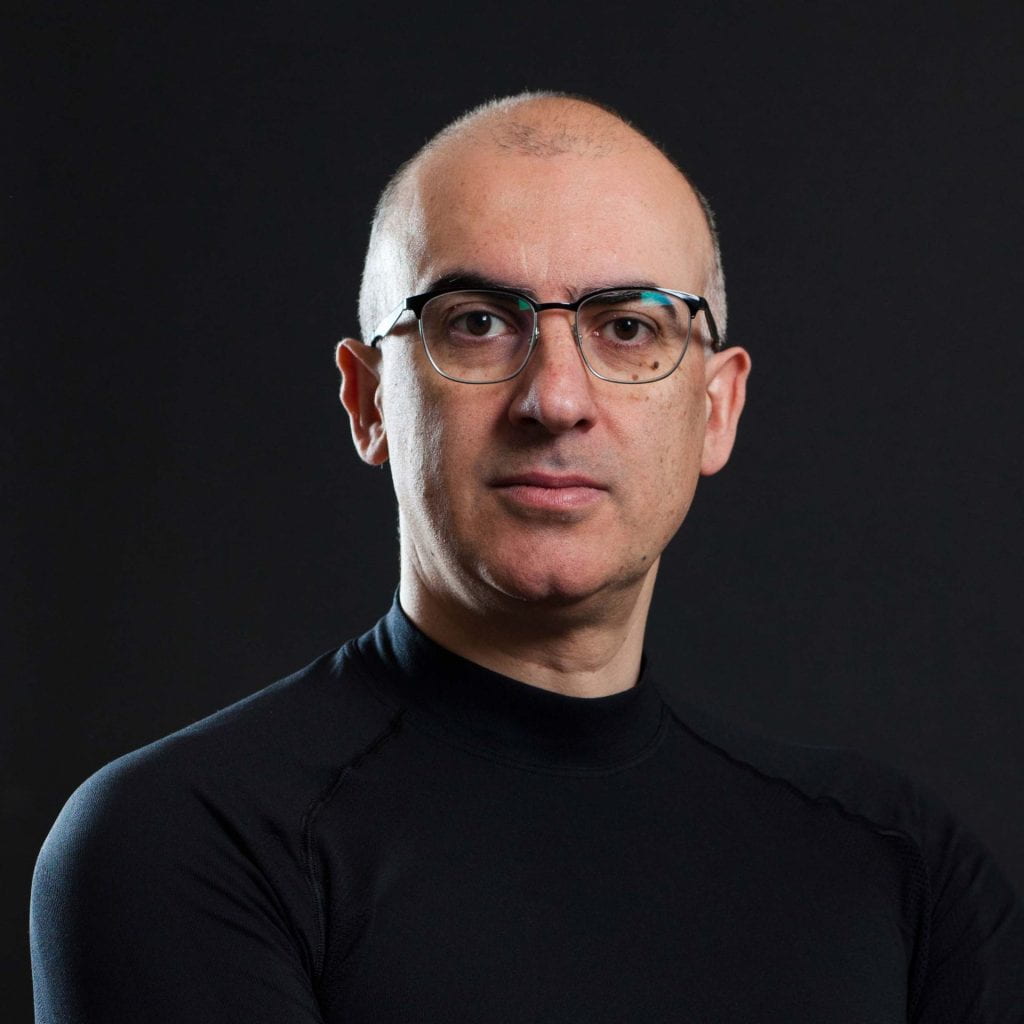
EPFL, Switzerland
Title: Needs for standardization of distribution systems PMUs
Dr. Mario Paolone received the M.Sc. (Hons.) and Ph.D. degrees in electrical engineering from the University of Bologna, Italy, in 1998 and 2002. In 2005, he was an Assistant Professor in power systems with the University of Bologna, where he was with the Power Systems Laboratory until 2011. Since 2011, he has been with the Swiss Federal Institute of Technology, Lausanne, Switzerland, where he is Full Professor and the Chair of the Distributed Electrical Systems Laboratory. His research interests focus on power systems with particular reference to real-time monitoring and operational aspects, power systems protections, dynamics and transients. Dr. Paolone’s most significant contributions are in the field of PMU-based situational awareness of Active Distribution Networks (ADNs) and in the field of exact, convex and computationally efficient methods for the optimal planning and operation of ADNs. Dr. Paolone was the founder Editor-in-Chief of the Elsevier journal Sustainable Energy, Grids and Networks.
Panel Session 2
Synchro-Waveforms and Wideband Synchro-phasors
Room#214
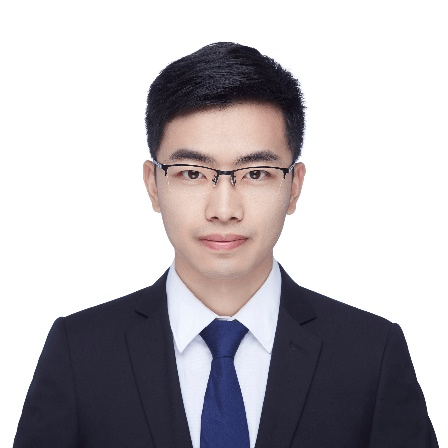
Panel Co-Chair
Peking University, China
Title: Wideband Phasor: Definitions, Measurement Techniques, and Applications
Dr. Lei Chen received his Ph.D. from the Department of Electrical Engineering at Tsinghua University. Currently, he is a Research Assistant Professor at the Institute of Energy, Peking University, Beijing China. His research interests include electricity and carbon neutrality, wide area monitoring, power system stability analysis and control. Dr Chen published over 30 papers in domestic and international journals and academic conferences including Renewable and Sustainable Energy Reviews, IEEE Transactions on Smart Grid, IEEE Transactions on Power Systems, and IEEE Transactions on Instrumentation and Measurement. Dr. Chen was awarded the Outstanding Doctoral Thesis of Tsinghua University and the Nomination Award for National Excellent Doctoral Thesis of China Instrument and Meter Society. He was also selected for the Beijing Association for Science and Technology Youth Talent Promotion Project.
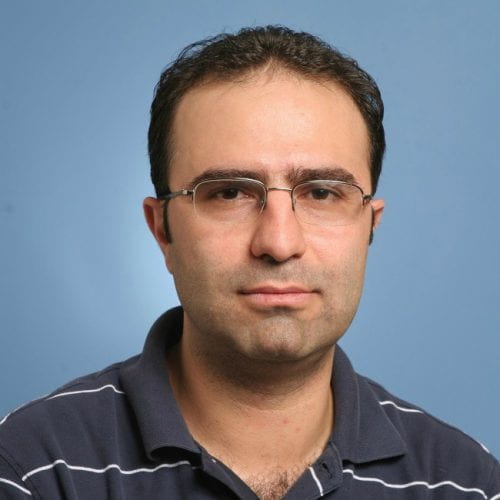
Panel Co-Chair
University of California, Riverside, USA
Title: Synchro-Waveforms and Harmonic Synchro-phasors: Analysis and Applications
Dr. Hamed Mohsenian-Rad is a Professor of Electrical and Computer Engineering and a Bourns Family Faculty Fellow at the University of California, Riverside, USA. His research interests include developing data-driven and model-based techniques for monitoring, control, and optimization of power systems. He has received the NSF CAREER Award, a Best Paper Award from the IEEE PES General Meeting, and a Best Paper Award from the IEEE Conference on Smart Grid Communications. In 2022, he received the Technical Achievement Award from the IEEE Communications Society for Pioneering Contributions to Optimization and Data Analytics in Smart Grids. Two of his journal articles are among the most cited articles in the IEEE Transactions on Smart Grid with >3000 and >2000 citations, respectively. Dr. Mohsenian-Rad is the author of Smart Grid Sensors: Principles and Applications, Cambridge University Press, 2022, a textbook on smart grid sensors and data-driven applications. He is the Associate Director of the Winston Chung Global Energy Center, an endowed research center in the area of energy and sustainability at UCR. He is currently an Associate Editor of the IEEE Transactions on Power Systems. Previously, he served as Associate Editor of the IEEE Transactions on Smart Grid. He received his Ph.D. in Electrical and Computer Engineering from the University of British Columbia, Vancouver, Canada in 2008. Dr. Mohsenian-Rad is a Fellow of the IEEE.
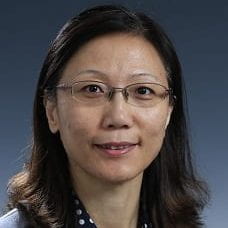
North China Electric Power University, China
Title: Wideband and Harmonic Synchro-Phasors Measurements and Application for Wind Farms
Prof. Bi received her Ph.D. degree from the University of Hong Kong in 2002 and currently is a Professor of Electrical Engineering at North China Electric Power University. She also serves as the Vice President of North China Electric Power University and Executive Director of the State Key Lab of Alternate Electrical Power System with Renewable Energy Sources. She got the honor of IEEE Fellow in 2021, “Distinguished Young Scholars supported by NSFC” in 2017, and “Ten thousand Talent Program” in 2016 in China. Her main area of expertise is synchronized measurement technology and its applications, power system protection and control. She is PI of National key research and development program projects, NSFC projects, including National Major Research Instrument Development Project, Major International Joint Research Project and MOST (Ministry of Science and Technology) Projects, including 973, 863 and Key Basis Research Subprojects. And she has published over 400 academic papers. One National Science and Technology Progress Awards (2nd class), five Ministry and Provincial Science and Technology Progress Awards (1st class), and four Ministry and Provincial Science and Technology Progress Awards (2nd class) have been conferred. She also got the honor of Outstanding Contribution Award for Chinese Power Industry Science and Technology Development. She has established broad research collaborations with research institutes and universities in US and EU.

NuGrid Power Corp, Canada
Title: Concurrent Multi-Resolution Synchronized Measurements and Applications
Dr. Rahmatian is a co-founder and president of NuGrid Power Corp. He is a Professional Engineer, a Fellow of the IEEE for contribution to optical voltage and current sensors, and a Distinguished Member of CIGRE. He is a past Chair of the IEEE Power & Energy Society’s (PES) Technical Council, VP of Technical Activities on PES Governing Board, active at PES Power System Relaying and Control as well as Power System Instrumentation and Measurements Committees. He is also active in CIGRE, IEC, and NASPI. His present focus is on grid resiliency, optical sensors, synchronized measurement systems, digital substations, integration of distributed energy resources, and high-speed measurement of voltage on the grid. Farnoosh has over 100 technical papers and 12 patents to his credit.
Panel Session 3
Power System Security Assessment, Early Warning and Control Based on WAMS Data
Room#212
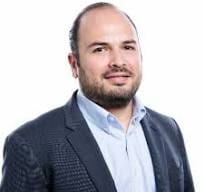
Panel Chair
Zurich University of Applied Sciences, Switzerland
Dr. Rafael Segundo received a Ph.D. degree in electrical engineering from Imperial College London in the UK in 2012. He joined the Electric Power System group of KTH, Sweden as a post-doctoral researcher in 2013 and since 2014, he has been a Research Associate at the Zurich University of Applied Sciences in Switzerland. Dr. Segundo is the founder and chair of the IEEE Working Group on Big Data & Analytics for Transmission Systems and chair of the international workshop DynPOWER since 2017. His research interests include analysis of power systems dynamics and control, effects of integration of renewable sources in the stability of the system, application of machine learning techniques to improve situational awareness, and the development of indexes to measure the security level of transmission systems.
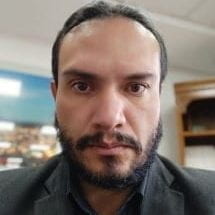
Escuela Politécnica Nacional, Ecuador
Dr. Jaime Cepeda is an Ecuadorian Electrical Engineer. He got the Ph.D. degree at Universidad Nacional de San Juan, Argentina in 2013 and the Master degree in Big Data at Universidad Europea Miguel de Cervantes, Spain in 2021. His doctoral thesis was awarded by the “Domingo Faustino Sarmiento” 2014 prize, he was also recognized by the MIT Technology Review Innovators under 35 award in 2015, and he obtained a prize for Innovation on Digitalization from CIER in 2021 for PSS tuning using WAMS. He has been the Chief Executive Officer at the Ecuadorian Agency of Energy and Non-Renewable Resources and the Head of Research and Development Department at National Electricity Operator CENACE. At present, he is a Professor at the National Polytechnic School in Quito, Ecuador. His special fields of interest comprise power system operations, WAMS, and application of big data and machine learning into power systems.
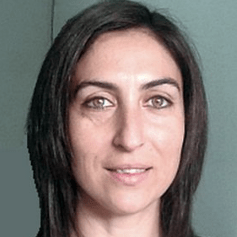
University of Cagliari, Italy
Dr. Sara Sulis is a Full Professor of Instrumentation & Measurement at the University of Cagliari in Italy, where she also received the M.S. degree in Electrical Engineering and the Ph.D. degree in Industrial Engineering. Prof. Sulis is a member of the IEEE Instrumentation and Measurement Society and Secretary of TC39 “Measurements in Power Systems”. She is an Associate Editor of the IEEE Transactions on Instrumentation and Measurement. She has authored or co-authored more than 140 scientific papers. Her current research interests include distributed measurement systems designed to perform state estimation and harmonic sources estimation of distribution networks.
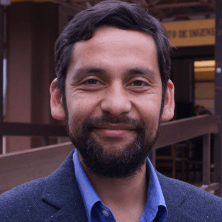
Universidad de Santiago de Chile USACH, Chile
Dr. Hector Chavez received the Bachelor's, Civil Engineer in Electrical and Master's degrees in electrical engineering from the University of Santiago, Santiago, Chile, in 2004, 2006 and 2006, respectively, and the Ph.D. in electrical and computer engineering from the University of Texas at Austin, Austin, TX, USA, in 2013. In 2013, he was a postdoctoral fellow in the Department of Electrical Power Systems, School of Electrical Engineering, KTH Royal Institute of Technology, Stockholm, Sweden. From 2006 to 2009, he was an Instrumentation Engineer at WorleyParsons Minerals and Metals, Santiago. Currently, he is the Director of the Department of Electrical Engineering at the University of Santiago.
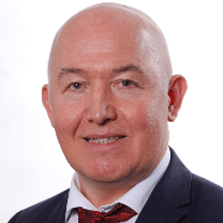
Newcastle University, UK
Dr. Vladimir Terzija (M’95–SM’00–F’16) was born in Donji Baraci (former Yugoslavia). He received the Dipl-Ing., M.Sc., and Ph.D. degrees in electrical engineering from the University of Belgrade, Belgrade, Serbia, in 1988, 1993, and 1997, respectively. He is a Professor of Energy Systems & Networks at the Newcastle University, UK. He is also a Distinguished Visiting Professor at Shandong University, China, as well as a Guest Professor at the Technical University of Munich, Germany. In the period 2021-2023 he was a Full Professor at Skoltech, Russian Federation. In the period 2006-2020 he was the EPSRC Chair Professor at The University of Manchester, UK. From 2000 to 2006, he was a Senior Specialist for switchgear and distribution automation with ABB, Ratingen, Germany. From 1997 to 1999, he was an Associate Professor with the University of Belgrade, Belgrade, Serbia. His current research interests include smart grid applications, wide-area monitoring, protection and control, multi-energy systems, transient processes, ICT, data analytics, and complex science applications in power systems. He is the Editor-in-Chief of the International Journal of Electrical Power and Energy Systems, Humboldt Fellow and the recipient of the National Friendship Award, China.
Panel Session 4
Smart Technology Supported System Integrity Protection Schemes (SIPS) for Future Sustainable Low-Carbon Power Networks
Room#112
Implementation of smart technology, supported by new sensor and communication infrastructure, is opening doors for development of new advanced System Integrity Protection Schemes (SIPSs) capable of coping with challenges caused by integration of Inverter Based Resources (IBRs), i.e. non-synchronous generation, as well as expansion of the existing purely AC transmission grids with HVDC/MVDC transmission capacities. From one perspective, the nature of physical processes determining the behavior of the system of future is becoming different. For example, both the system fault level and inertia are not only reduced, but also becoming variable in time. From another perspective, the security and dependability of the existing SIPSs starts becoming a challenge. Beyond all that, a need for design of new type of SIPSs is becoming obvious, particularly in line of intensive interactions between e.g. inverter control and the rest of the AC system. Severe requirements for resilient operation of the system is causing a need for scrutinizing the existing SIPSs and design of new schemes capable of coping with severe weather conditions. The panel will explore the opportunities for merging aspects of monitoring, protection and control into resilient SIPSs. We will explore to which extent synchronized measurement technology (SMT) based on PMUs and point of wave-supported applications can contribute to security and dependability of modern SIPSs. We are also ambitious to discuss the nature of cascading events leading to power system blackouts and to demonstrate few representative SIPSs in which benefits and limitations of SMT will be discussed. Considering the use of communication infrastructure, cyber security aspects will be discussed, too. Experience from large-scale UK, EU and USA projects will be used to support understanding of discussed new smart SIPS solutions.
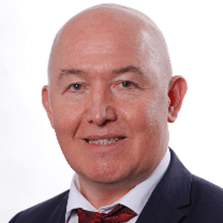
Panel Chair
Newcastle University, UK
Dr. Vladimir Terzija (M’95–SM’00–F’16) was born in Donji Baraci (former Yugoslavia). He received the Dipl-Ing., M.Sc., and Ph.D. degrees in electrical engineering from the University of Belgrade, Belgrade, Serbia, in 1988, 1993, and 1997, respectively. He is a Professor of Energy Systems & Networks at the Newcastle University, UK. He is also a Distinguished Visiting Professor at Shandong University, China, as well as a Guest Professor at the Technical University of Munich, Germany. In the period 2021-2023 he was a Full Professor at Skoltech, Russian Federation. In the period 2006-2020 he was the EPSRC Chair Professor at The University of Manchester, UK. From 2000 to 2006, he was a Senior Specialist for switchgear and distribution automation with ABB, Ratingen, Germany. From 1997 to 1999, he was an Associate Professor with the University of Belgrade, Belgrade, Serbia. His current research interests include smart grid applications, wide-area monitoring, protection and control, multi-energy systems, transient processes, ICT, data analytics, and complex science applications in power systems. He is the Editor-in-Chief of the International Journal of Electrical Power and Energy Systems, Humboldt Fellow and the recipient of the National Friendship Award, China.
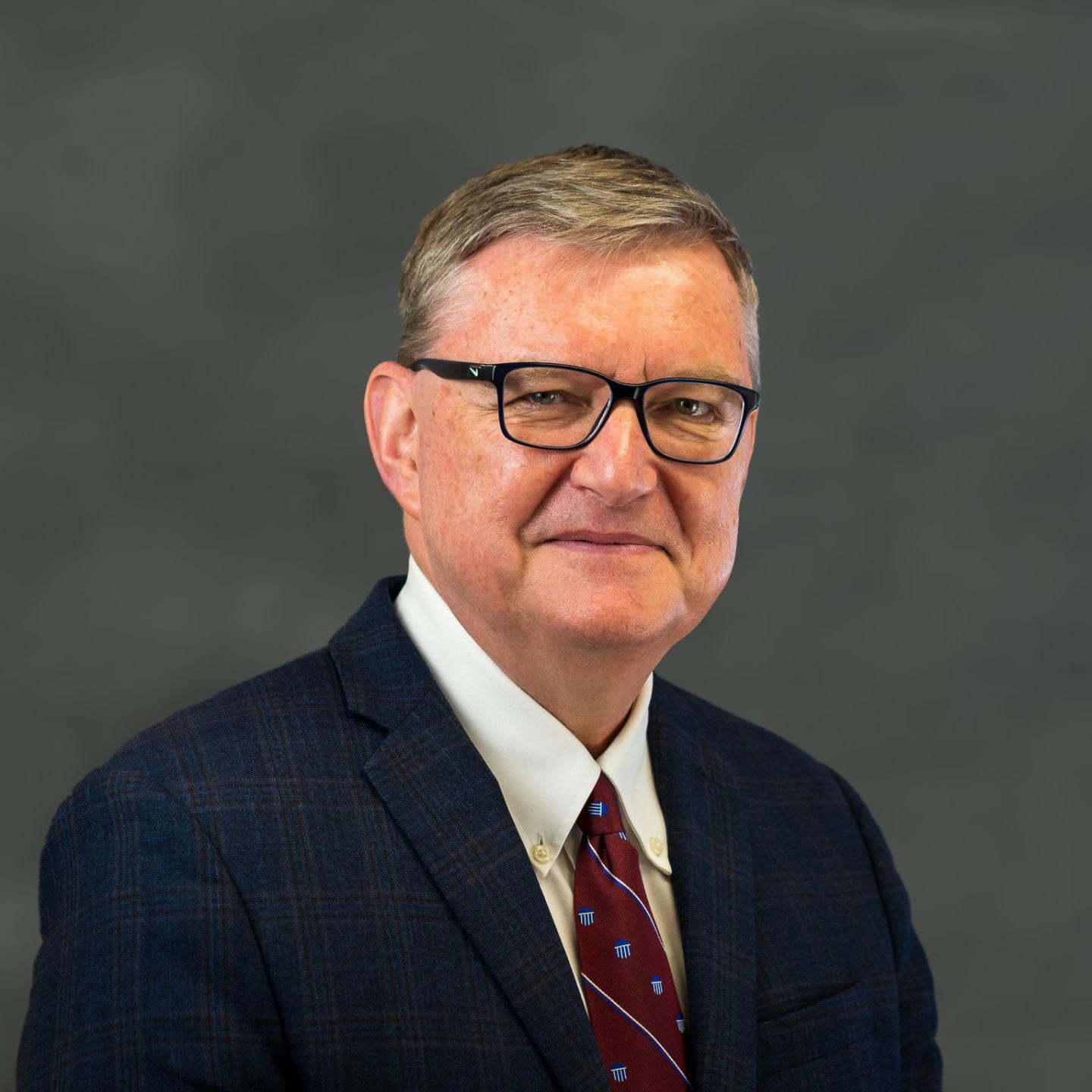
Quanta Technology, USA
Title: Achieve grid flexibility using advanced automation
technologies
Dr. Damir Novosel is the president and founder of Quanta Technology. Previously, he was vice president of ABB Automation Products and president of KEMA T&D US. Damir served on various boards and is presently a member of the Sandia National Laboratories Energy and Homeland Security External Advisory Board and Mississippi State University Industry Advisory Board. Dr. Novosel is also an adjunct professor at North Carolina State University. Damir chaired the Performance Requirement Task Team for the North American Synchro-Phasor Initiative (2004 – 2011). Damir, a member of the US National Academy of Engineers and IEEE Fellow and Life Fellow, served as the IEEE PES president and the VP of Technology. He is a secretary of the IEEE PES Executive Advisory Council, chaired the IEEE Industry Technical Support Leadership Committee, and served as a member of the IEEE Standards Board. Damir received the IEEE PES Patrick P. Ryan Meritorious Service and Leadership in Power awards. He is the CIGRE US National Committee VP of Nominations and received the CIGRE Philip Sporn and Attwood Associate awards. Dr. Novosel holds 18 US and international patents, published over 200 articles and reports, contributed to 7 books. Damir holds PhD, MSc, and BSc degrees in electrical engineering from Mississippi State University (where he was a Fulbright scholar), the University of Zagreb, Croatia, and the University of Tuzla, Bosnia and Herzegovina, respectively. Dr. Novosel was selected as Mississippi State University Distinguished Engineering Fellow and received the Distinguished Alumni Award.
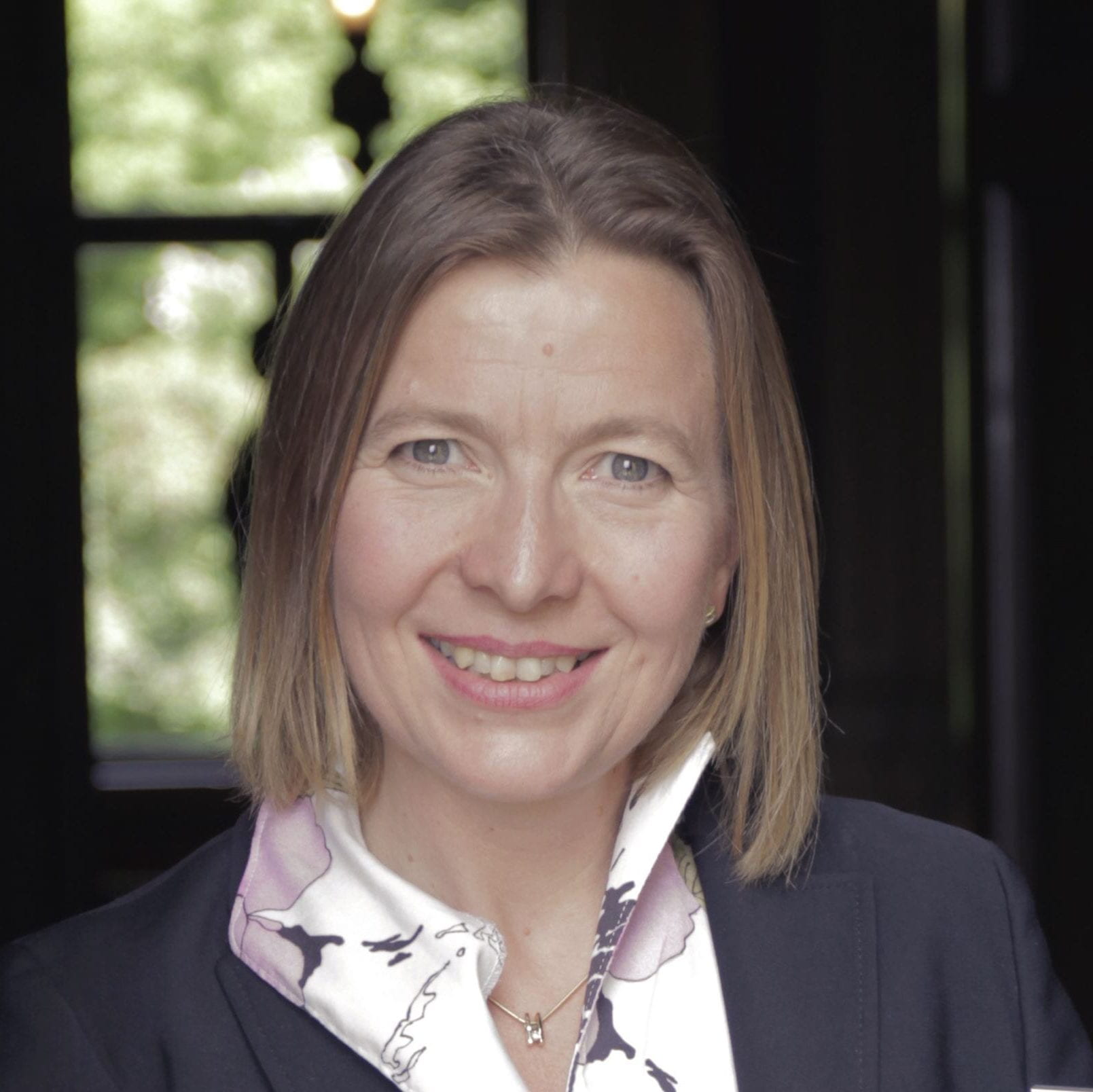
STATNETT, Norway
Title: Review of CIGRE SC B5 Synchrophasor related WGs
Rannveig S. J. Loken received her Master of Science in Electric Power Engineering from the Norwegian University of Science and Technology (NTNU) in 1992. She works in Statnett, the TSO of Norway, and is currently the Head of Protection department in Statnett. In September 2018, she became Chair of CIGRE SC B5. Her special field of interest is protection and control for the transmission system. In addition, working in Cigre Working groups is of her great interest - she is currently a member of WG B5.69. Rannveig is in the Advisory board of PAC World, and a Committee member of IET DPSP.
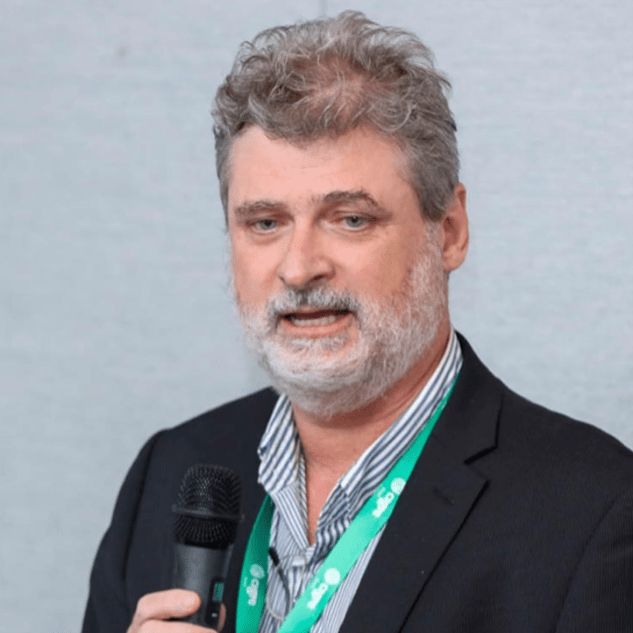
Federal University of Rio de Janeiro, Brazil
Title: Application of PMUs for understanding blackouts, controlling HVDC links and integrating of IBRs in the Brazilian Power System
Dr. Glauco N. Taranto obtained the B.Sc. degree from State University of Rio de Janeiro (1988), the M.Sc. degree from Pontifical Catholic University of Rio de Janeiro (1991), and the Ph.D. degree from Rensselaer Polytechnic Institute, Troy, NY, USA (1994), all in Electrical Engineering with emphasis in power systems. In 2006 he was a visiting fellow in Centro Elettrotecnico Sperimentale Italiano, Milan, Italy. Dr. Taranto is a Professor of the Federal University of Rio de Janeiro, Brazil. He is the secretary of the IEEE PES Power System Dynamic Performance Committee, and the chair of the Task Force on “Integrating Relay Models in RMS Dynamic Simulations”. He was Editor of the IEEE Transactions on Power Systems (2016-2020). Prof. Taranto was the general chair of four International Workshops on Synchrophasor Applications in Rio de Janeiro, 2012-2015. He is member of the steering committee of the SGSMA conference. Prof. Taranto has supervised over 60 Ph.D. and M.Sc. students and published over 200 journal and conference papers.

SEL, USA
Title: Synchrophasor-Based Current Differential Protection for IBR Applications
Dr. Armando Guzman received the BSEE (with Hons.) degree from Autonomous University of Guadalajara (UAG), Zapopan, Mexico, the diploma in fiber-optics engineering from Monterrey Institute of Technology and Advanced Studies, Monterrey, Mexico, and the Master of Science and Ph.D. degrees in electrical engineering and master’s degree in computer engineering from the University of Idaho, Moscow, ID, USA. He was a Regional Supervisor of the Protection Department in the Western Transmission Region of the Federal Electricity Commission (the electrical utility company of Mexico), Guadalajara, Mexico, for 13 years. He lectured at UAG and the University of Idaho in power system protection and power system stability. Since 1993, he has been with the Schweitzer Engineering Laboratories, Inc., Pullman, WA, USA, where he is currently a Distinguished Engineer. He holds numerous patents and had written numerous technical papers in power system protection, synchrophasor and fault locating technology.
Panel Session 5
The North American SynchroPhasor Initiative (NASPI)
Room#214
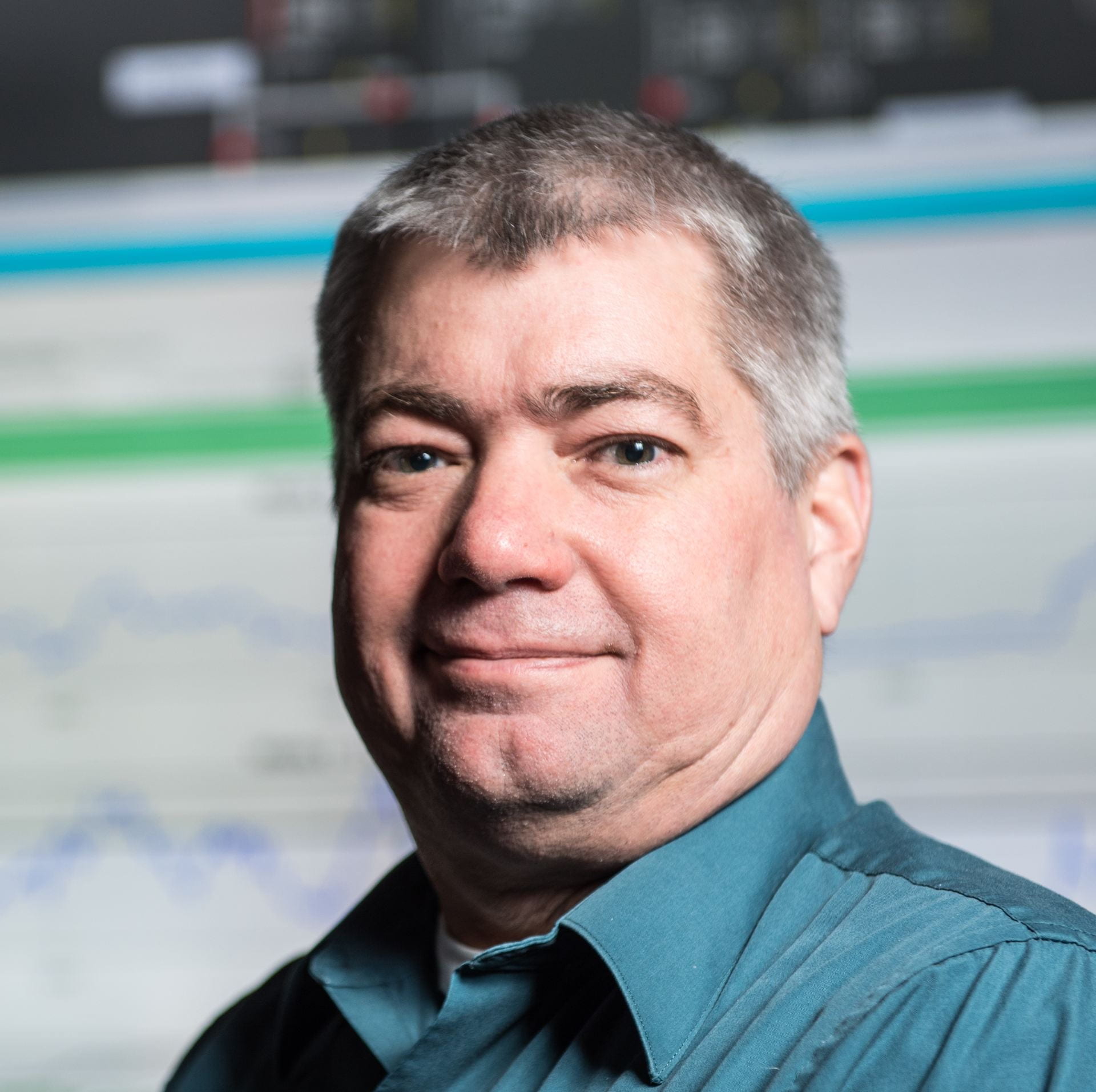
Panel Chair
Pacific Northwest National Laboratory, USA
Jeff Dagle has worked at the Pacific Northwest National Laboratory in Richland Washington, operated by Battelle for the U.S. Department of Energy (DOE), since 1989. During that time has had led numerous projects in the areas of transmission reliability and security. Recent project highlights include leading the North American SynchroPhasor Initiative (NASPI) and serving on the leadership team of the DOE Grid Modernization Laboratory Consortium, leading the multi-laboratory system operations and control technical area. In 2018 Mr. Dagle was named co-director of the Advanced Grid Institute, a joint institute with Washington State University. Other career accomplishments include leading the data requests and management task for the U.S.-Canada Power System Outage Task Force investigation of the August 14, 2003 blackout, supporting the DOE Infrastructure Security and Energy Restoration Division with on-site assessments in New Orleans following Hurricane Katrina in 2005, leading the team providing cyber security reviews for the DOE Smart Grid Investment Grants and Smart Grid Demonstration Protections associated with the American Recovery and Reinvestment Act of 2009, and serving as a member of the National Infrastructure Advisory Council (NIAC) study group that was formed in 2010 to establish critical infrastructure resilience goals. In 2014 Mr. Dagle was invited to serve on a National Academies of Science and Engineering committee to provide recommendations for the analytical research foundations for the next generation electric grid. In 2016 he was invited to serve on another National Academy committee focused on enhancing the resilience of the Nation’s electric power transmission & distribution system. And in 2019 he was invited to serve on a third National Academy committee relating to electric grid modernization. He is a Senior Member of the IEEE and currently serves as the vice president for the eastern region of the Washington Society of Professional Engineers. He received B.S. and M.S. degrees in Electrical Engineering from Washington State University in 1989 and 1994, respectively, and is a registered professional engineer in the State of Washington.
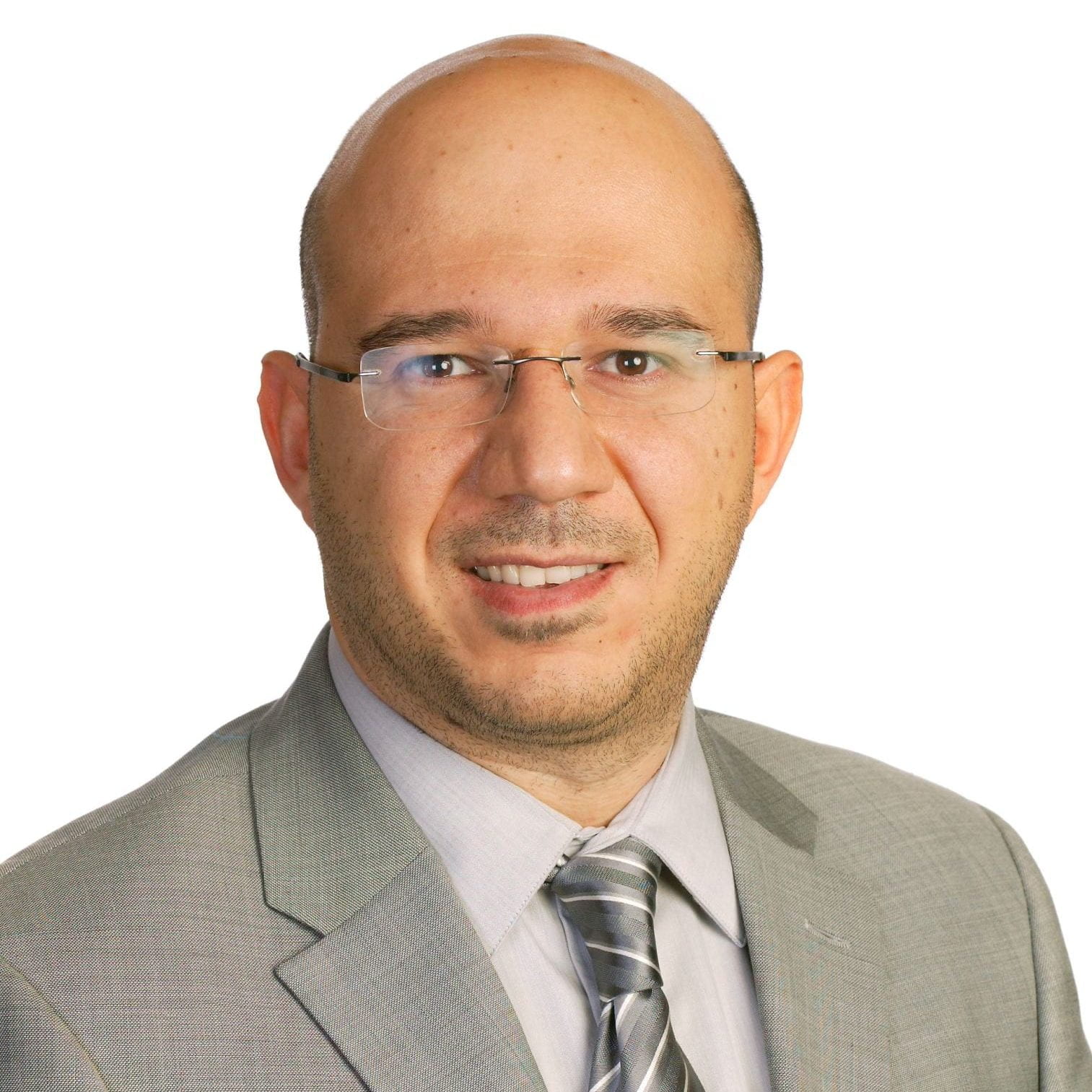
EPRI, USA
Dr. Evangelos Farantatos received the Diploma in Electrical and Computer Engineering from the National Technical University of Athens, Greece, in 2006 and the M.S. and Ph.D. degrees from the Georgia Institute of Technology, Atlanta, GA, USA, in 2009 and 2012, respectively. He is a Sr. Principal Team Lead with the Transmission Operations and Planning R&D Group at EPRI, Palo Alto, CA. He is managing and leading the technical work of various R&D projects related to synchrophasor technology, power systems monitoring and control, power systems stability and dynamics, renewable energy resources modeling, grid operation, protection and control with high levels of inverter-based resources. He is a Senior Member of IEEE and a member of the NASPI leadership team.
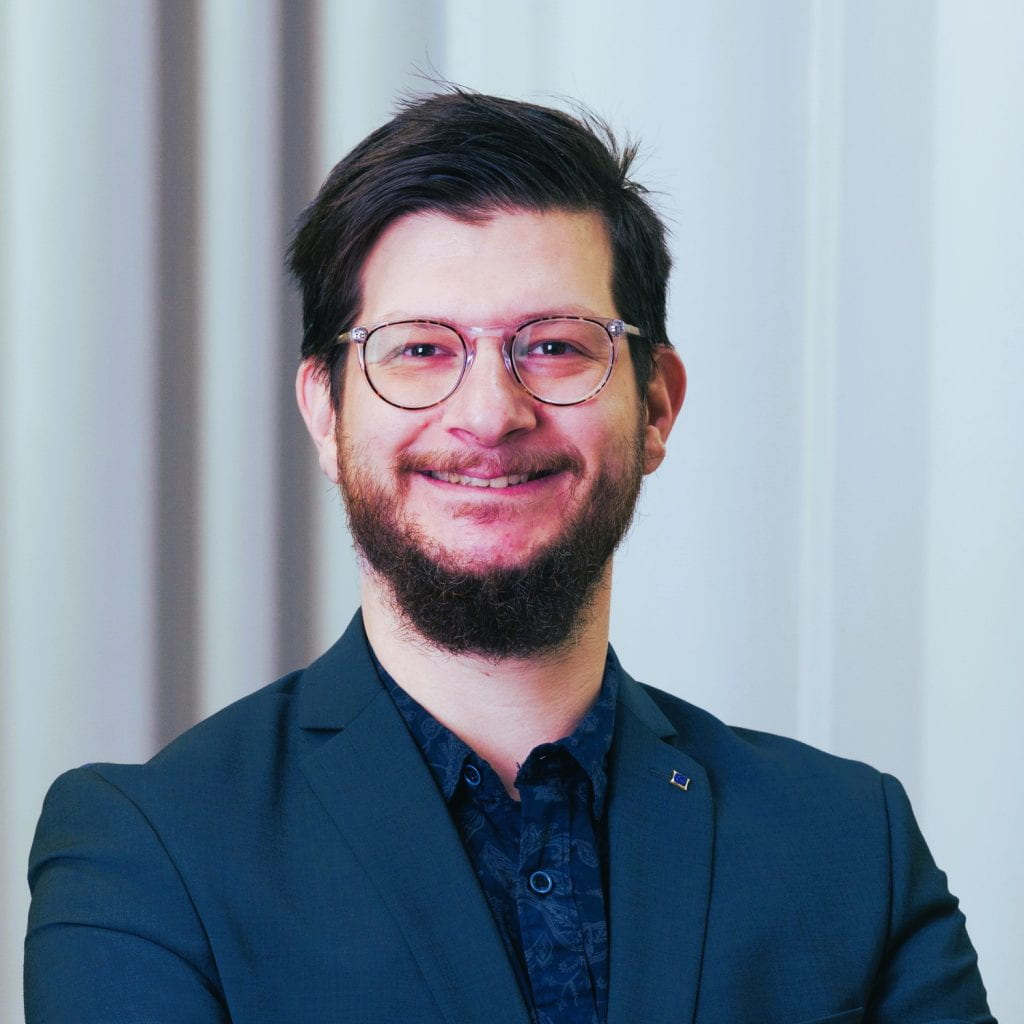
City College of New York, USA
Dr. Panayiotis (Panos) Moutis is Assistant Professor at the Dept. of Electrical Engineering at the City College (CCNY) of the University of New York (CUNY). He has previously been special faculty (2018-23) and postdoctoral research associate (2016-18) at Carnegie Mellon University. Panos studies pragmatic-data-driven optimization, control and planning of electrical grids with high shares of renewables. He has recently been working with the grid operator of Portugal, REN, the moonshot factory of Google, X, and the grid operator of NY, NYISO. In 2018-20 he served as a Marie Curie Research Fellow with DEPsys, Switzerland, on distribution grid awareness. In 2014 he was awarded a fellowship by Arup, UK (through the University of Greenwich), to study microgrids for residential communities. During 2007-15, as part of Prof. Nikos Hatziargyriou’s research group he contributed to over a dozen R&D projects funded by the European Commission. Panos received both his diploma (2007) and his PhD (2015) degrees in Electrical and Computer Engineering at the National Technical University of Athens, Greece, and has published more than 30 papers and contributed to 4 book chapters. He has over 10 years of industry experience on Renewable Energy and Energy Efficiency, and serves as advisor and executive in energy start-ups. He is Chair of the IEEE-USA Energy Policy Committee, senior editor of IEEE & IET scientific journals, member of IEEE standard working groups, a senior member of the IEEE, and leads the Distribution Task Team at the North American Synchro-Phasor Initiative and the Power & Energy Community at the Climate Change AI initiative.

Southwest Power Pool, USA
Mike Nugent is a Lead Engineer — Market Operations and Support at Southwest Power Pool with 14 years of experience across RTO Operations, Transmission Planning, and Distribution. Mike has worked for SPP for 12 years in roles across Operations. He is currently responsible for SPP’s synchrophasor project, and also develops tools and displays for Operations. He is involved in the industry as co-chair of the North American Synchrophasor Initiative (NASPI) Control Room Solutions Task Team. He also serves as lead of the NERC Synchronized Measurement Working Group (SMWG) Oscillation Analysis team. Mike has a background in software development, synchronized measurements, and modeling and support of GE EMS systems. He has also previously worked in utility Distribution Engineering and Transmission Planning roles. Mike graduated with a Bachelor of Science in Electrical Engineering from the University of Arkansas in 2009. He is a registered Professional Engineer in the State of Arkansas.
Panel Session 6
Extending Synchronized Measurement Advanced Applications from Transmission to Distribution Networks
Room#212
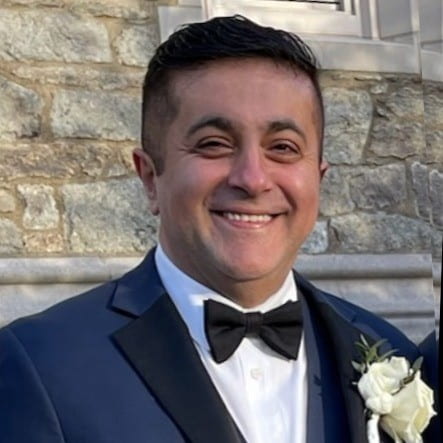
Panel Chair
LUMA Energy, USA
Dr. Babak Enayati received his PhD in Electrical Engineering from Clarkson University, USA in 2009. He joined Luma Energy in 2023 as the Senior Director of Grid Modernization. Babak and his team are responsible for creating and implementing a strategy to modernize the Puerto Rico electric power system to meet the reliability and clean energy goals. Prior to joining Luma Energy, Babak worked at New Leaf Energy as the Director of Engineering, where his team provided engineering services for the development of solar, wind and energy storage facilities. Prior to joining New Leaf Energy, Babak worked in the utility industry for 13 years holding various grid modernization engineering and managerial positions. He joined Institute of Electrical and Electronics Engineers (IEEE) in 2006 and currently is a Senior IEEE Member. Babak currently serves as the Vice President of Education on the IEEE Power and Energy Society (PES) Governing Board. He is the current chair of the IEEE PES Transmission Subcommittee. Babak serves as the Vice Chair of the IEEE Std 1547 Standard for Interconnecting Distributed Energy Resources with Electric Power Systems, and IEEE P2800 Standard for Interconnection and Interoperability of Inverter-Based Resources Interconnecting with Associated Transmission Electric Power Systems. Babak is a registered Professional Engineer in the state of Massachusetts.
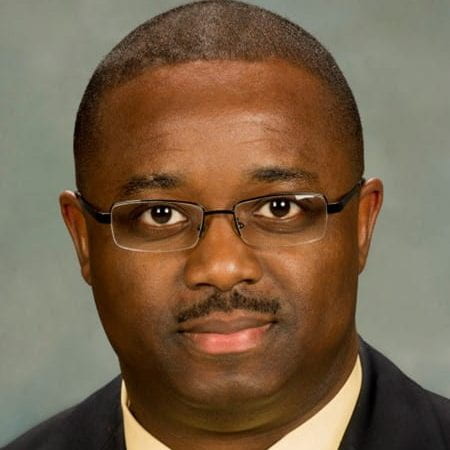
Southern Company, USA
Dr. Clifton Black is a principal engineer in the Power Delivery group within Southern Company’s Research and Development (R&D) department. He is responsible for a comprehensive program of research focusing on electric utility grid operations, planning, analytics, visualization, and cyber-physical security. In this role, Dr. Black leads internal research efforts across Southern Company’s regulated electric operating subsidiaries and manages industrywide collaborative partnerships with other external organizations. Dr. Black began his career in Power Delivery R&D with Southern Company in 2006. Over the years, he has led and developed several research programs and projects spanning a wide range of technology areas. These include synchrophasor technology, distributed generation including energy storage, dynamic line ratings, big data analytics, stability monitoring and assessment, security, and visualization. Dr. Black established and currently leads Southern Company’s Schatz Grid Visualization and Analytics Center (SGVAC). He leads Southern Company’s synchrophasor program with activities at both the transmission and distribution levels. He is the Vice-Chair of NERC’s Synchronized Measurements Working Group (SMWG) and a member of NASPI’s leadership team. Clifton attended the University of Alabama (Tuscaloosa) where he received the BS, MS and PhD degrees in Electrical Engineering.

San Diego Gas & Electric, USA
Daniel Dietmeyer serves as the Team Lead for the Transmission Protection and Automation team within System Protection and Control Engineering at San Diego Gas and Electric. Daniel joined the company in 2013 and has managed large projects including a Transmission Control Room Rebuild, as the lead Project Engineer for the Falling Conductor Protection program focused on Wildfire Mitigation, and Transmission/Distribution SCADA expansion projects. Daniel is also a co-founder and co-chair of VALOR, SDG&E’s D&I veterans’ organization. Prior to joining System Protection, he served as a Senior Energy Management System Engineer at SDG&E’s Grid Control Center and worked as a lead electrical engineer of unmanned aircraft for Northrop Grumman Corporation. Daniel is a veteran of the United States Marines Corps, serving 5 years from 1998 - 2003. His educational accomplishments include earning his BSEE and MSEE degrees from CSU Fresno and USC respectively, followed by the completion of certificate programs in energy innovation and emerging technologies as well as innovation and entrepreneurship at Stanford. He holds two FCC licenses and is a licensed Professional Engineer in the state of California.
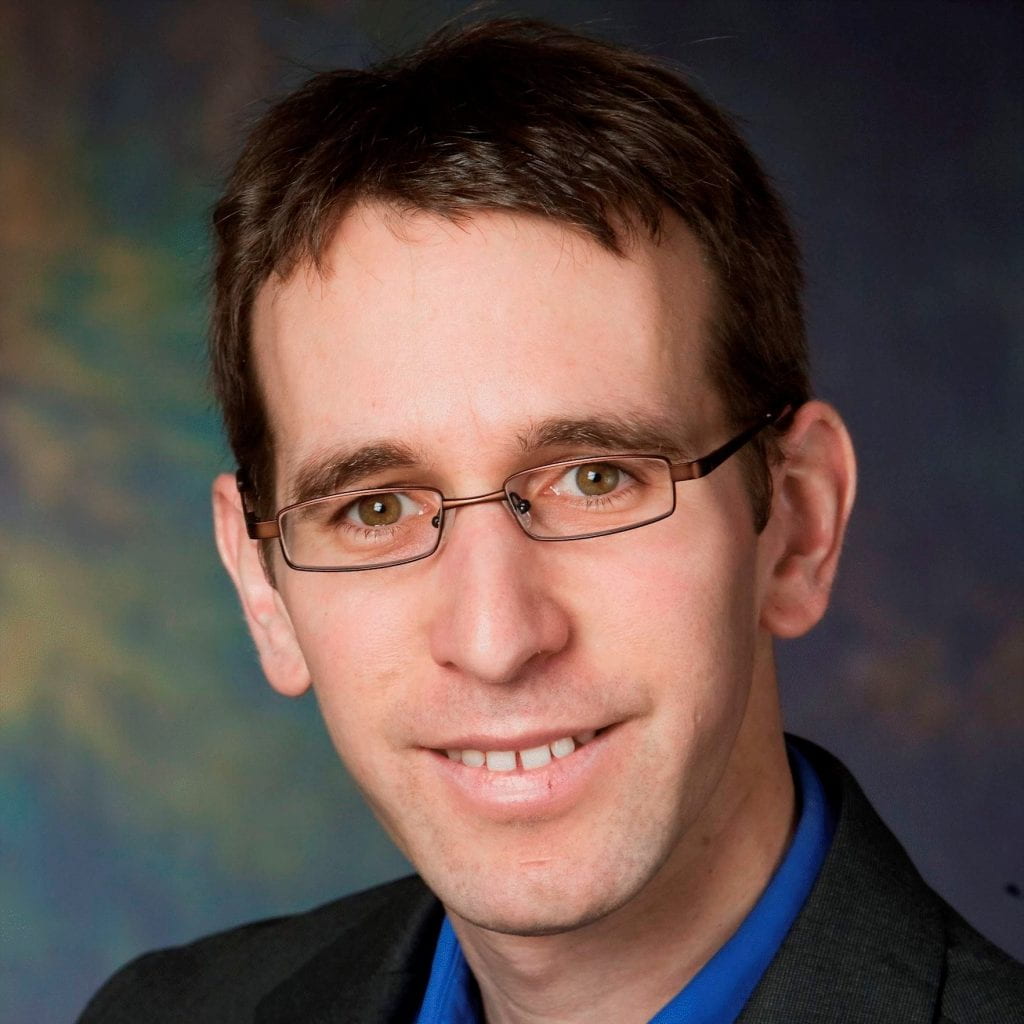
S&C Electric Company, USA
Dr. Yoav Sharon is the manager of the Power System Control Group at S&C Electric Company. The group is tasked with exploring and advancing distribution automation technologies. Among his contributions is the addition of PMU technology to a feeder protection control – the first to receive ICAP certification. Yoav received his Ph.D. from the University of Illinois at Urbana-Champaign. He is a licensed Professional Engineer and a Senior Member of IEEE.
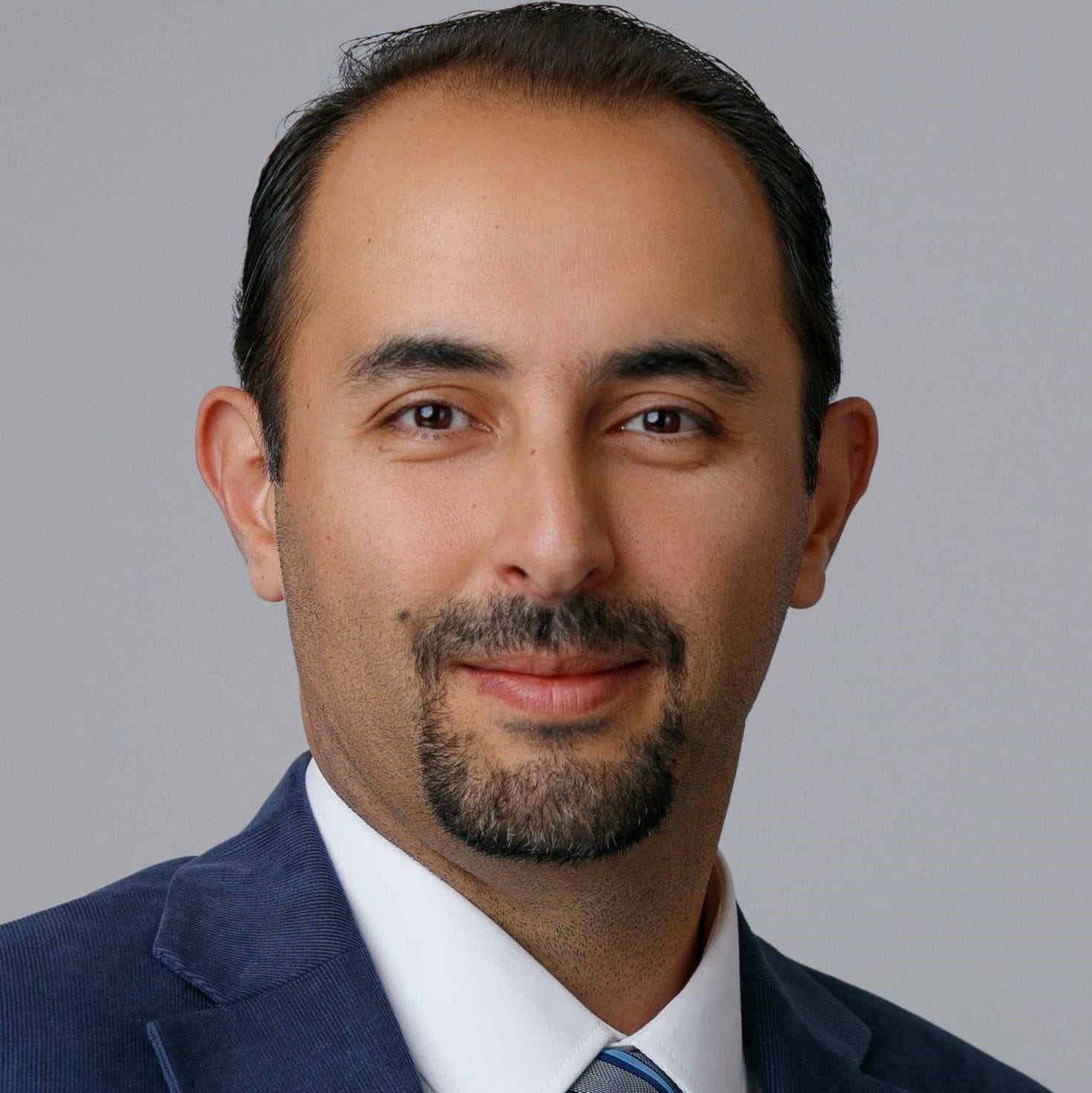
LUMA Energy, USA
Dr. Farrokh Aminifar is a Senior Advisor for Protection, Control, and Automation with LUMA Energy and Quanta Technology. He supports LUMA Energy to design, architect, and implement wide-area monitoring, protection, and control (WAMPAC) system in the bulk generation and transmission systems and deploy synchronized measurement technology (SMT) in the distribution networks and microgrids. Additionally, he assists LUMA Energy to strategize an effective fault location and event analysis approach with the aim of expedited system recovery and enhanced post-mortem investigations. Farrokh is an active member of North American SynchroPhasor Initiative (NASPI) data and network management and distribution task teams. He has 15 years of academic and industry experiences in the electrical engineering domain with a strong emphasis on energy system optimization, synchrophasor measurements deployment and applications, and software solutions for smart grids. Farrokh has been a faculty member with University of Tehran, Tehran, Iran for 9 years. He also has been collaborating with the Robert W. Galvin Center for Electricity Innovation, Illinois Institute of Technology, Chicago, IL, USA, since 2009. Dr. Aminifar is an Associate Editor for the IEEE Transactions on Power Systems, IEEE Power Engineering Letters, and IET Smart Grid journals. He has received several international awards for his outstanding achievements and accomplishments including the 2013 IEEE/PSO Transactions Prize Paper Award, the COMSTECH 2017 Best Young Researcher Award, and the 2017 Outstanding Young Scientist Award of Iran National Academy of Science.
Panel Session 7
Power System Event Detection, Classification and Characterization using ML and NNs
Room#212
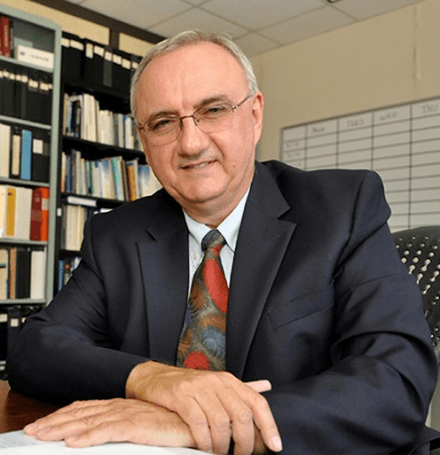
Panel Chair
Texas A&M University, USA
Dr. Mladen Kezunovic (Life Fellow, IEEE) received the B.Sc. degree from the University of Sarajevo, Sarajevo, Bosnia, in 1974, and the M.Sc. and Ph.D. degrees in electrical engineering from the University of Kansas, Lawrence, KS, USA, in 1977 and 1980, respectively. He has been with Texas A&M University, College Station, TX, USA, for over 35 years, where he is currently a University Distinguished Professor, Regents Professor, Eugene E. Webb Professor, and the Site Director of the ‘‘Power Engineering Research Center’’ Consortium. He served for over 30 years as the Principal Consultant of XpertPower Associates, a consulting firm specializing in power systems data analytics. His expertise is in protective relaying, automated power system disturbance analysis, computational intelligence, data analytics, and smart grids. He has authored over 600 papers, given over 120 seminars, invited lectures, and short courses, and consulted for over 60 companies worldwide. He is a CIGRE Fellow, an Honorary and Distinguished Member, a registered Professional Engineer in Texas, and a member of the National Academy of Engineering.
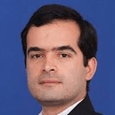
Siemens Technology, USA
Title: Extracting Value from Power System’s Big Data by means of AI-based Data Enrichment
Dr. Bruno P. Leao is a Senior Researcher with Siemens Technology in Princeton, NJ, USA. He has over 16 years of experience in R&D of data analytics methods and their application to various industrial domains including power system, manufacturing, rail and aerospace. His topics of interest include equipment/system health monitoring, cybersecurity analytics and the application of data analytics methods to the solution of industrial problems in general. Dr. Leao has over 40 publications and 5 US patents on these topics. He is/has been PI/co-PI of DOE-funded R&D projects and developed solutions which are employed for continuously monitoring of worldwide fleets of industrial equipment.
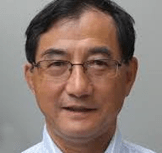
Quanta Technology, USA
Title: Challenges to detect extremely low probability and high impact power system events with AI/ML technology
Dr. Yi Hu, an IEEE Fellow, is a Director of WAMPAC at Quanta Technology. He has over 30 years of experience in electric power system protection, control, and analysis. Since 2005, Yi has been supporting U.S. and international utilities in their deployment of large-scale synchrophasor systems for control room situational awareness, protection and control. His current activities involve in practical applications of AI/ML technology in power system protection and control, evaluating and mitigating the impact of high penetration of IBRs on relays, developing online validation/calibration of large IBR plant.

Electric Power Group, USA
Dr. Backer Abu-Jaradeh is the Vice President of Customer Engineering Services at Electric Power Group. Backer brings more than 15 years of experience in engineering, control center operations and real time applications. Backer is a Senior IEEE member, a Registered Professional Engineer in the State of California, and a Certified Reliability Coordinator. Prior to joining EPG in 2018, Backer worked in the real-time engineering desk at the California Independent System Operator (CAISO) Control Center and managed the implementation of synchrophasor projects at Southern California Edison for real-time operations. As Vice President of Customer Engineering Services, Backer oversees the use of EPG's applications at utilities, Independent System Operators (ISOs), and Reliability Coordinators (RCs), and assists users in identifying and analyzing events, train Engineers and Operators on use of synchrophasor technology, and supports the development of operating procedures for use in control rooms. Backer is also an active participant in NERC, SMS, NASPI, and WECC – JSIS industry forums and working groups, and he has contributed to several written publications. Backer earned his Bachelors of Science in Computer Engineering from the University of Jordan, his Masters of Science in Electrical Engineering from Cal State LA, and his Ph.D in Electrical Engineering from the University of Southern California (USC).
Panel Session 8
Applying Synchrophasor Technology for Protection and Control of the Australian Power System
Room#112
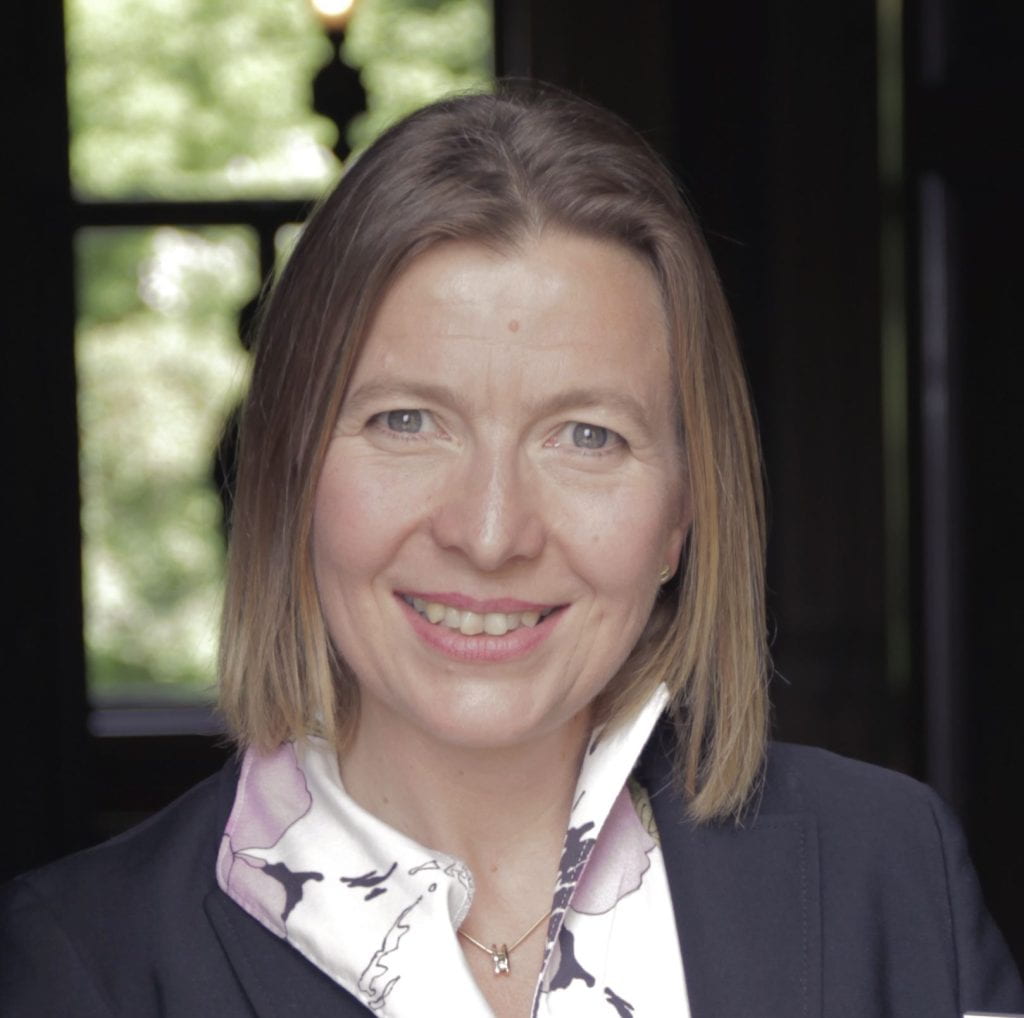
Panel Chair
STATNETT, Norway
Rannveig S. J. Loken received her Master of Science in Electric Power Engineering from the Norwegian University of Science and Technology (NTNU) in 1992. She works in Statnett, the TSO of Norway, and is currently the Head of Protection department in Statnett. In September 2018, she became Chair of CIGRE SC B5. Her special field of interest is protection and control for the transmission system. In addition, working in Cigre Working groups is of her great interest - she is currently a member of WG B5.69. Rannveig is in the Advisory board of PAC World, and a Committee member of IET DPSP.
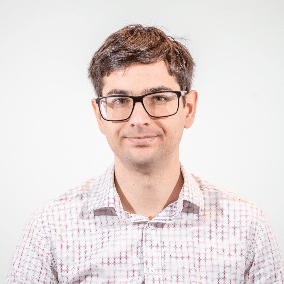
Australian Energy Market Operator, Australia
James Guest is a Senior Engineer working in AEMO's Operational Analysis and Engineering team. During his time at AEMO he has worked in Grid and SCADA Modelling, Operations Planning, National Planning and Congestion Modelling. James has experience in power system modelling and real-time analysis, applications and systems. He has an interest in automation and has developed several decision making tools currently in use across the organisation.

CSE Uniserve, Australia
Filip Ivanovski is a Technology Manager at CSE Uniserve. He manages CSE's protection and control systems portfolio. Filip has more than 10 years' experience in application support, detailed design, testing, troubleshooting and commissioning of power system protection and control schemes. He has an interest in digital substation design and special protection schemes. Filip holds Bachelor of Engineering (Honours) and Bachelor of Commerce degrees from the University of Melbourne.
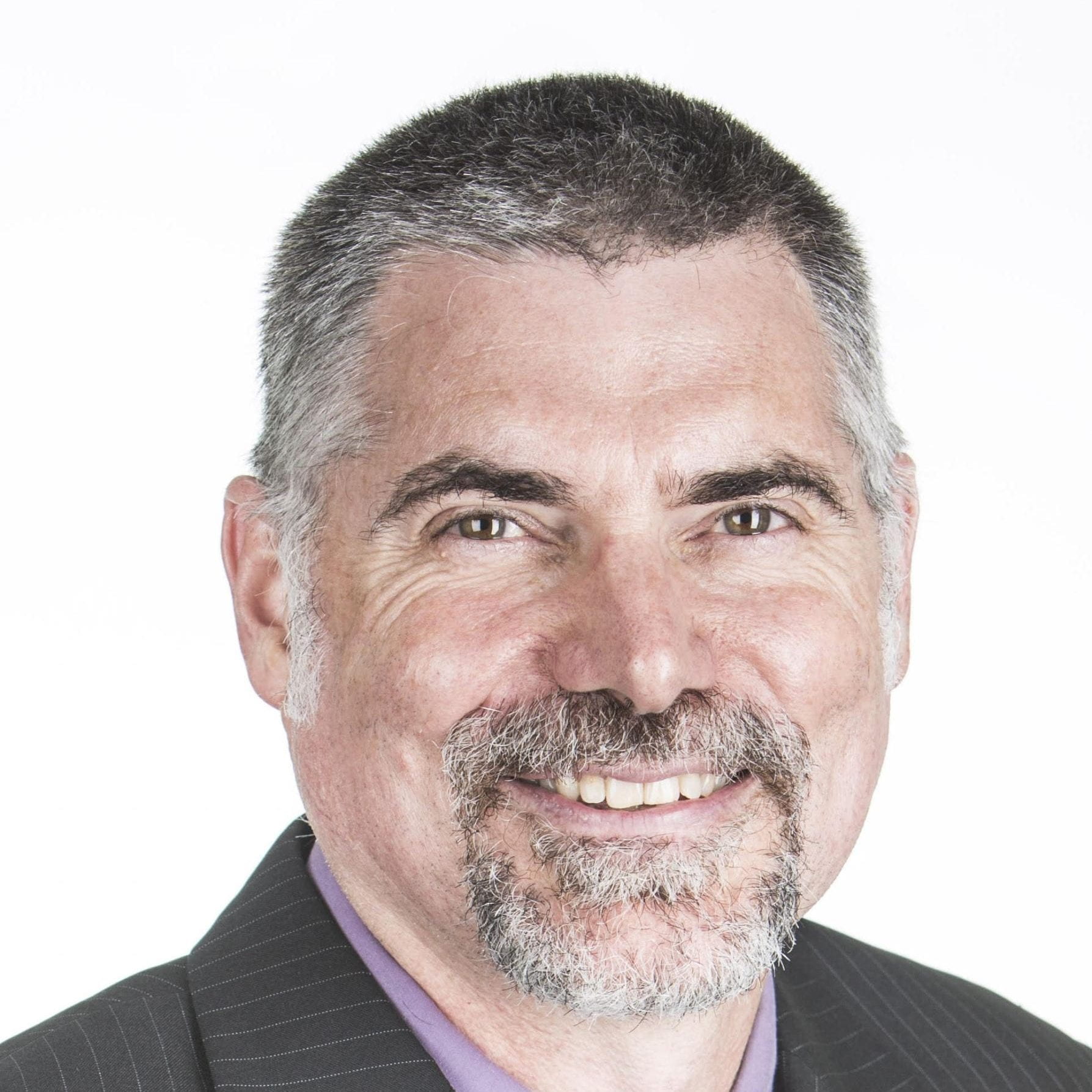
NOJA Power Switchgear, Australia
David Dart spent 8 years as a research engineer in BHP developing high temperature superconducting airborne and ground based mineral exploration systems. Moving to Nulec R&D as the Electronic and project manager he managed a range of new product developments including a new advanced recloser controller with a development cost of $4 million dollars over 3 years. After 8 years and completing his MBA and MTM he then advanced to Industrial marketing manager for Century Yuasa. He was responsible for all aspects of marketing for Standby power products and Forklift battery products. David was invited to join the management team at NOJA Power as the Research and development director/manager were he managers a team of 25 people plus contractors. He is responsible for all aspects of R&D including switchgear, electronics, firmware and software. David has been the convenor for, and sits on the working committee for several IEC standards.

ElectraNet, Australia
Devinda Perera is a Principal Power Systems Engineer at ElectraNet. He is responsible for delivering on ElectraNet’s planning obligations regarding non-credible contingency events and developing Emergency Control Schemes to address these risks. Devinda has over 10 years of experience in power system modelling and analysis. He is interested in wide-area monitoring and protection and special protection schemes. Devinda holds Bachelor of Science (Engineering) and Doctor of Philosophy degrees from the University of Moratuwa and the University of Wollongong.
Panel Session 9
Synchro-Waveforms: A New Technology in Power Systems Monitoring and Analysis
Room#112

Panel Chair
Electric Power Engineers LLC, USA
Title: Synchro-Waveforms: Data-Analytics and Innovative Real Applications
Dr. Milad Izadi is a power systems engineer at Electric Power Engineers, LLC. Dr. Izadi initiated the new topic of Synchro-Waveforms (also known as time-synchronized waveform measurements) in 2019. Since then, he has made pioneering contributions towards using synchro-waveforms for power systems applications, resulting in 8 publications so far, including 1 US patent, 3 journal papers, 1 book chapter, and 3 conference papers, along with several presentations and invited talks. One of his publications on synchro-waveforms is currently ranked as the most cited article in the IEEE Transactions on Smart Grid. Dr. Izadi invented a new graphical tool, synchronized Lissajous curve, to detect and classify events in power systems. He was granted the first U.S. patent on the topic of synchro-waveforms. He recently received the Best PhD Dissertation Award on the topic of Synchro-Waveforms from the Smart Grid Synchronized Measurements and Analytics Conference in 2024. He received his M.Sc. degree in Electrical Engineering from Sharif University of Technology, Tehran, Iran, in 2017 and his Ph.D. degree in Electrical Engineering from the University of California, Riverside, CA, USA, in 2022.
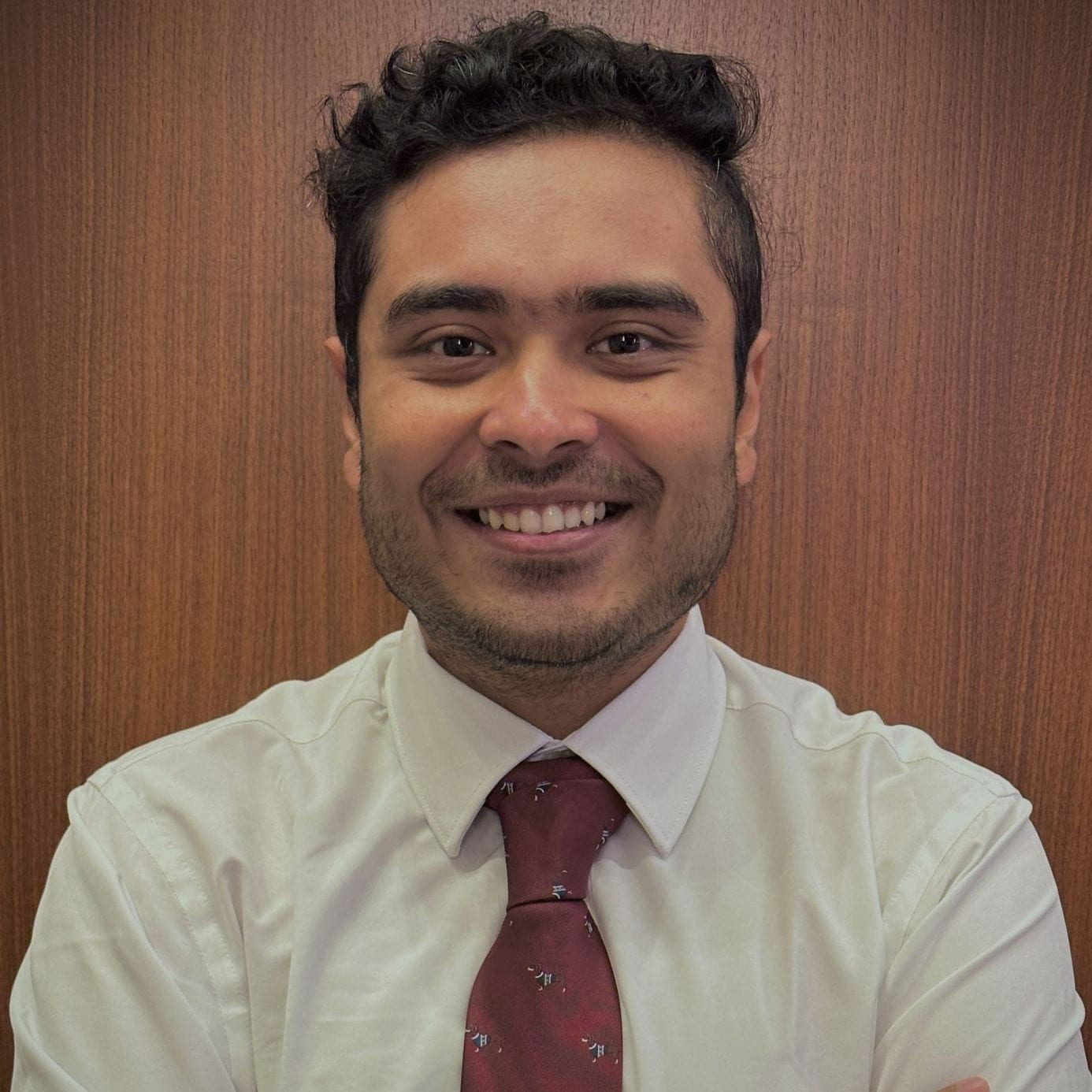
Pacific Northwest National Laboratory, USA
Title: Detection and Root-cause Analysis of IBR-related Disturbance Events from Waveform Measurements
Dr. Kaustav Chatterjee received the Ph.D. degree in electrical engineering from Penn State in 2022 and the M.Tech. degree in electrical engineering from the Indian Institute of Technology Bombay in 2018. He is currently a Power Systems Research Engineer at the Pacific Northwest National Laboratory, Richland, WA, USA. His research focuses on power systems dynamics and control, wide-area monitoring, optimization, and sensor data analytics.
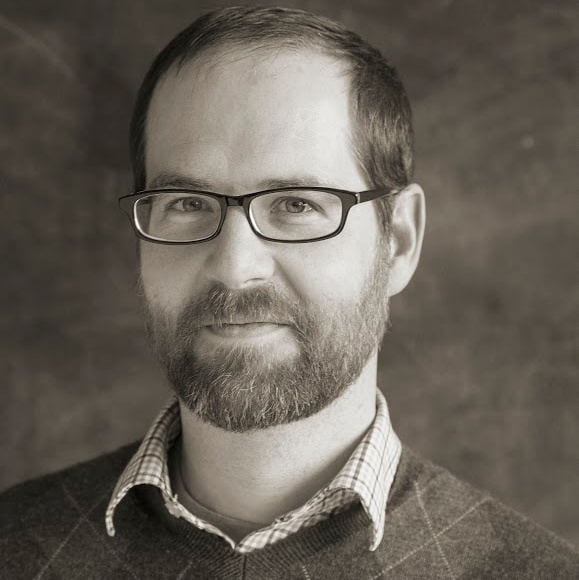
Pacific Northwest National Laboratory, USA
Title: Grid-Edge Waveform Services that Unite Residential and Utility Applications
With an energy career spanning over two decades, Jeremiah Miller is a leading expert in the energy transition, renewable energy integration, smart grid technologies, and energy policy. He recently joined Pacific Northwest National Lab as part of the federal support team for clean tech and resiliency at the Department of Defense. Prior he has worked with private industry supporting renewable deployment on constrained grids as well as working for the U.S. Department of Energy supporting grid modernization research & development. Jeremiah has a Masters degree in Energy & Environmental Policy from the University of Delaware, a Mechanical Engineering Master degree from Pennsylvania State University, and is a Mechanical Engineer alumni from Kansas State University.
Panel Session 10
Learning Power System Models from Synchronized Measurements
Room#212

Panel Co-Chair
EPFL, Switzerland
Dr. Mario Paolone received the M.Sc. (Hons.) and Ph.D. degrees in electrical engineering from the University of Bologna, Italy, in 1998 and 2002. In 2005, he was an Assistant Professor in power systems with the University of Bologna, where he was with the Power Systems Laboratory until 2011. Since 2011, he has been with the Swiss Federal Institute of Technology, Lausanne, Switzerland, where he is Full Professor and the Chair of the Distributed Electrical Systems Laboratory. His research interests focus on power systems with particular reference to real-time monitoring and operational aspects, power systems protections, dynamics and transients. Dr. Paolone’s most significant contributions are in the field of PMU-based situational awareness of Active Distribution Networks (ADNs) and in the field of exact, convex and computationally efficient methods for the optimal planning and operation of ADNs. Dr. Paolone was the founder Editor-in-Chief of the Elsevier journal Sustainable Energy, Grids and Networks.
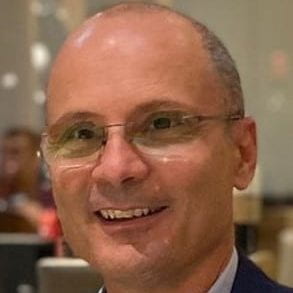
Panel Co-Chair
University of Cagliari, Italy
Carlo Muscas (M'98, SM'15) received the M.S. degree (cum laude) in electrical engineering from the University of Cagliari, Cagliari, Italy, in 1994. He was an Assistant Professor and an Associate Professor with the University of Cagliari from 1996 to 2001 and from 2001 to 2017, respectively, where he has been a Full Professor of electrical and electronic measurement since 2017. He has authored and coauthored more than 180 scientific articles. His current research interests include the measurement of synchronized phasors, the implementation of distributed measurement systems for a modern electric grid, and the study of power quality phenomena. Prof. Muscas is currently an Associate Editor of the IEEE Open Journal of Instrumentation and Measurement and the Chairman of the TC 39 Measurements in Power Systems of the IEEE Instrumentation and Measurement Society.
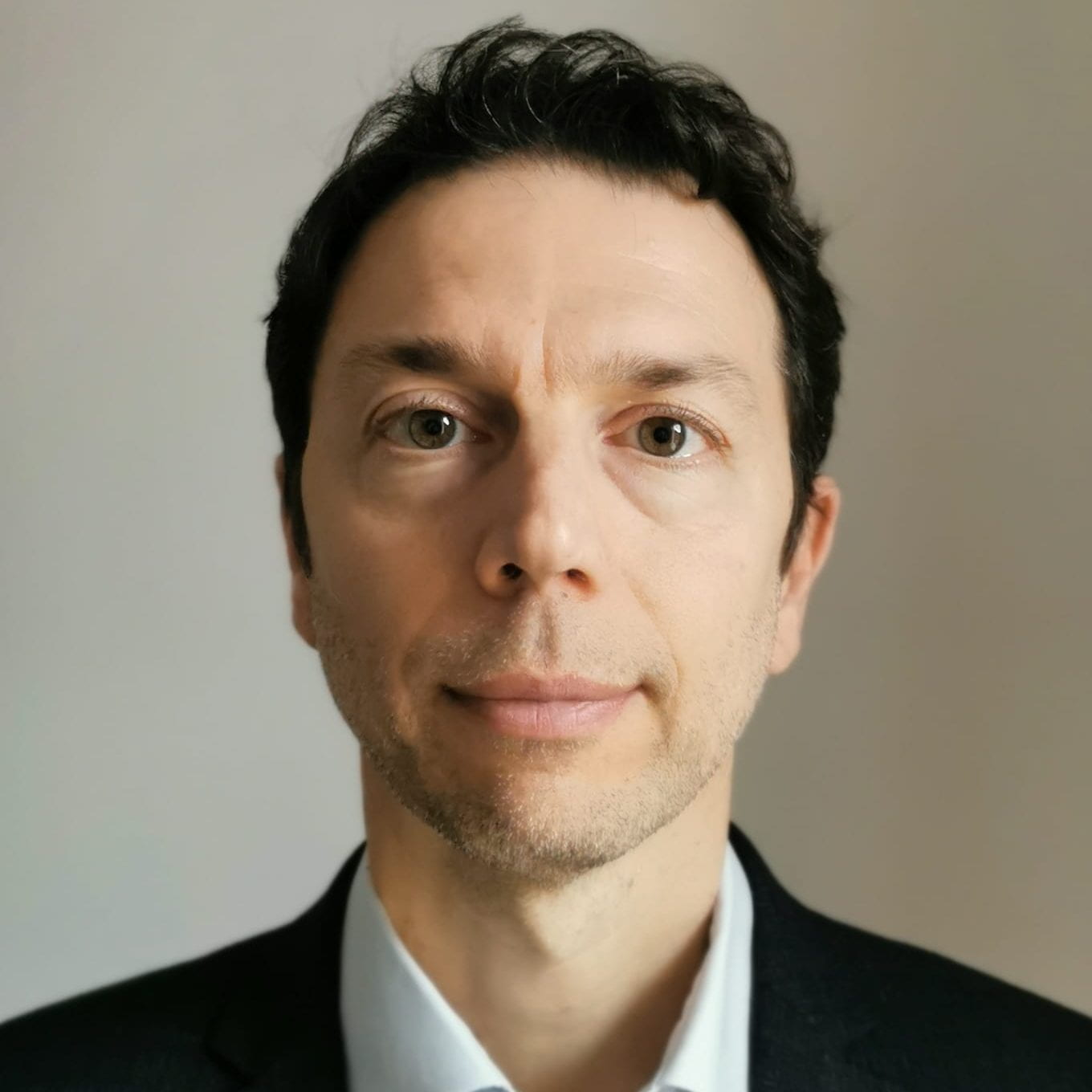
University of Cagliari, Italy
Dr. Paolo Attilio Pegoraro (M’06-SM’19) received the M.S. (summa cum laude) degree in telecommunication engineering and the Ph.D. degree in electronic and telecommunication engineering from the University of Padova, Padua, Italy, in 2001 and 2005, respectively. From 2015 to 2018 he was an Assistant Professor with the Department of Electrical and Electronic Engineering, University of Cagliari, Cagliari, Italy, where he is currently Associate Professor. He has authored or co-authored over 150 scientific papers. His current research interests include the development of new measurement techniques for modern power networks, with attention to synchronized measurements and state estimation. Dr. Pegoraro is a member of IEEE IMS TC 39 (Measurements in Power Systems) and of IEC TC 38/WG 47. He is an Associate Editor of the IEEE Transactions on Instrumentation and Measurement and the General Chair of the IEEE International Workshop on Applied Measurements for Power Systems (AMPS).
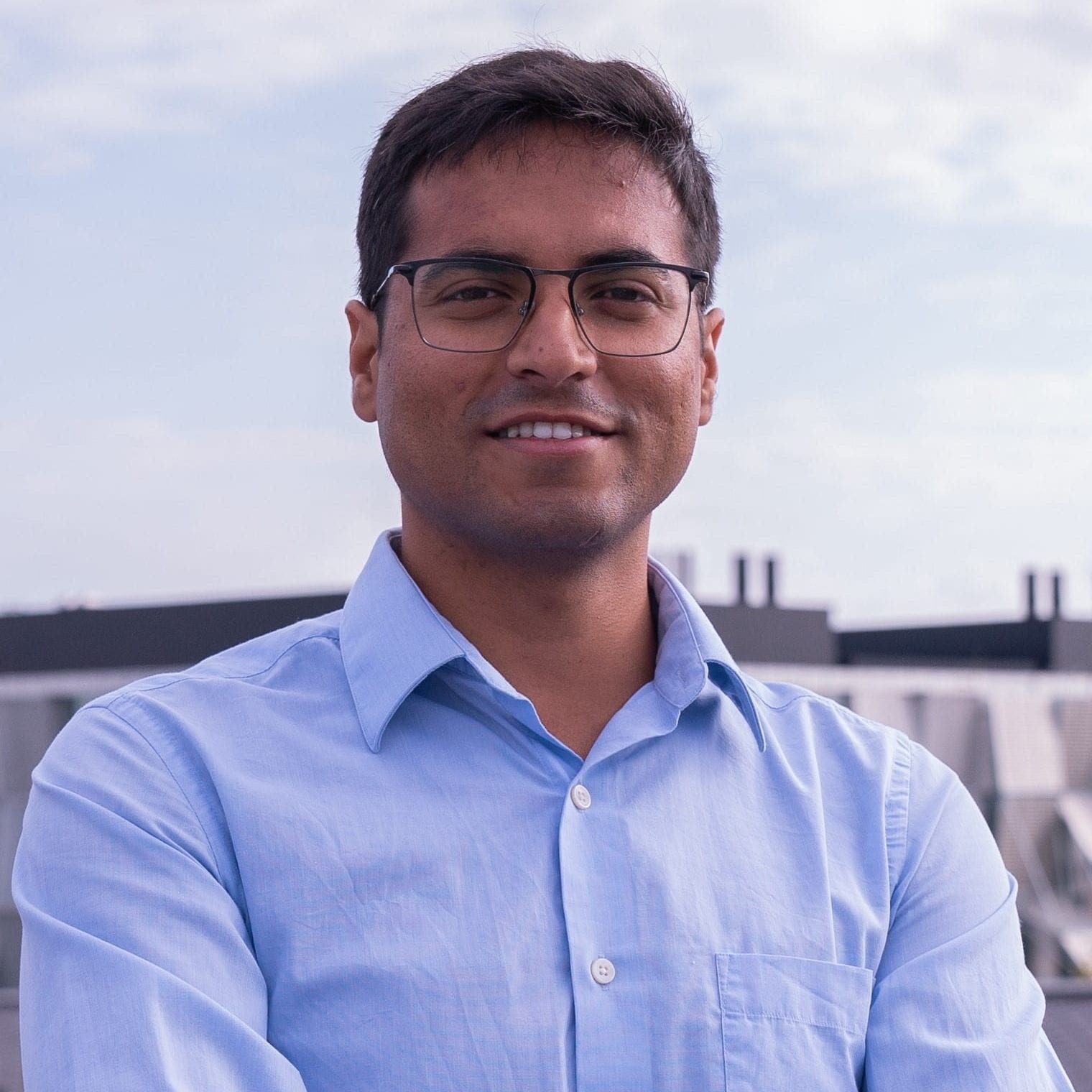
Georgia Tech, USA
Dr. Rahul Gupta is a postdoctoral researcher at the School of Electrical and Computer Engineering at Georgia Tech. He is a recipient of the postdoc mobility grant from the Swiss National Science Foundation (SNSF). Before this, he was a postdoctoral researcher at the Swiss Federal Institute of Technology (EPFL) Lausanne in Switzerland from Feb 2023 to Sep 2023. Prior to this, he completed his M.Sc. and Ph.D. degrees in electrical engineering at EPFL in 2018 and 2023, respectively. He was awarded the EPFL PhD thesis Distinction in Electrical Engineering 2023 for his PhD work. His main research interests are in grid-aware control of distributed energy resources connected to active distribution networks in the presence of uncertainties, including data-driven control, and measurement-based estimation. His research interests also include generating synthetic power networks, hosting capacity analysis, and fairness-aware operation and planning schemes.
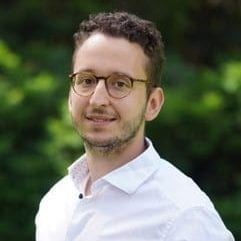
ETH, Switzerland
Ognjen Stanojev received the M.Sc. degree in electrical engineering and information technology in 2019 from the Swiss Federal Institute of Technology, Zurich, Switzerland, where he has been working toward the Ph.D. degree with the Power Systems Laboratory since October 2019. He was a visiting researcher at UC Berkeley in 2019 and at the California Institute of Technology (Caltech) in 2022. His research interests include control and estimation in power systems.
If you have any questions about the SGSMA2024 Panel Session Schedules, please reach out to the organizing committee at contact@sgsma2024.org.
